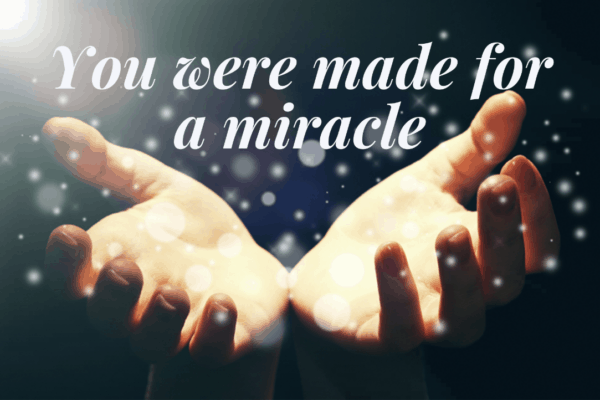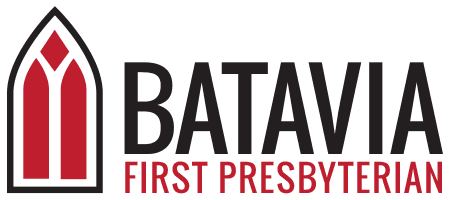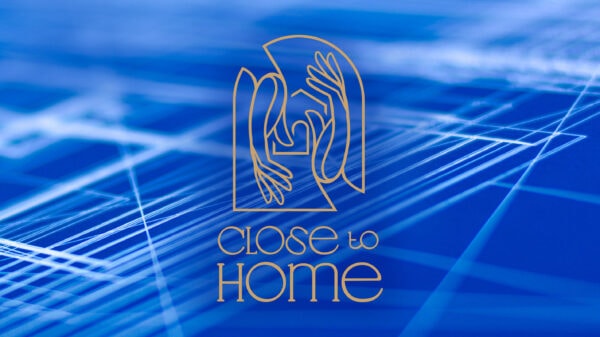Weekly Bible Devotional
“You Were Made for a Miracle: Your Gifts Are Needed”
March 1, 2020
Scripture for Sunday: Luke 9:1-6
Then Jesus called the twelve together and gave them power and authority over all demons and to cure diseases, 2 and he sent them out to proclaim the kingdom of God and to heal. 3 He said to them, “Take nothing for your journey, no staff, nor bag, nor bread, nor money—not even an extra tunic. 4 Whatever house you enter, stay there, and leave from there. 5 Wherever they do not welcome you, as you are leaving that town shake the dust off your feet as a testimony against them.” 6 They departed and went through the villages, bringing the good news and curing diseases everywhere.
Notes on the Text:
Right after Jesus healed a woman from hemorrhage and raised a girl from the dead, he turned to his own disciples and commissioned them to go out into the villages and do similar things. The two miracle stories were manifestations of Jesus’ healing power which transform people’s lives. The disciples witnessed these stories and saw for themselves the power of Jesus in action. As disciples, they were learning from Jesus about how to do ministry. Yet, this was pretty early on in their ministry. Jesus was asking them to do the same work before they graduated from his school for ministry. This was their practical experience. They had to go out and practice what they were still learning from him.
Two things stand out for me in this commissioning. First, the key for the disciples’ ability to do the work of healing was the power which Jesus gave them. He bestowed his power on them. The second piece is that they had to be willing to be completely powerless while sharing his power. Jesus asked his followers to go out with nothing but the clothes on their backs so that they may rely completely on the hospitality of strangers. I think that the details about having to go out with no money, no staff, no bag, no bread and not even an extra tunic are powerful reminders of how the power of God works in the world.
The disciples could not go into the villages as those who had the gospel while their hosts were merely recipients of charity work. The divine flow does not work that way. The disciples could not be independent and powerful on their own. They needed the flow of love from their hosts as well. The hosts (those in need of healing) needed to see themselves as part of the miracle, the divine flow. They had to share their own gifts before the miracles would take place. Everyone had to bring whatever they had to the table, but not out of a place of privilege or personal power, but out of a place of love and care for the stranger. The disciples were not to take God’s love to the people. Instead, they were to uncover that it was already there in the people they encountered. God was already there with the people. What was missing was the awareness and the sharing of that love. Once love started flowing unhindered by people’s pretenses of ego power, miracles took place. This was certainly not about the disciples’ skills or length of training. It was about their openness to the flow of Christ’s love and power through practicing powerlessness and letting go. They saw Jesus’ own way of life and his humility. The whole story of Jesus’ birth, life, death, and resurrection is about the flow of love through what seems as powerlessness. And the disciples had to practice Jesus’ way of self-emptying. People expected the Messiah to be powerful in the same way military leaders are powerful, but God turned all those expectations upside down through the humility of Jesus and ultimately his death as a powerless man on a Roman cross. Richard Rohr writes, “God’s power comes through powerlessness and humility. God is much more all-vulnerable than almighty.”
Up until that point in the Gospel, the disciples had been observing and learning. But it was their turn to live like Jesus did and to do what he did. They had to rely on the ancient practices of hospitality in that region. The paradox of power and powerlessness combined together was a powerful model for the disciples’ own ministry, especially after he was gone from their midst.
For Reflection:
As we reflect on this story, I would ask you to think of your preparation when you go on a trip. We learn from early on to be prepared. People who travel a lot learn how and what to pack. We can’t imagine going on a trip without being prepared. If you have ever experienced losing your luggage, you know how difficult a trip can be. In the ancient world, when people traveled, they also prepared. Even though the practice of hospitality was much better in those times, people still had to prepare by taking food, money, and extra clothing, especially in the desert areas where the temperatures could fluctuate great. This can help us relate to the challenge Jesus gave the disciples of traveling without any of the normal travel preparations. By giving the disciples his power, Jesus knew that the disciples could be tempted to feel superior to the people they were to help.
Today as we look at this story of commissioning as a model for our call to do the same, we have to live into this paradox of power and powerlessness. The challenge for us is to live as those who are created for a miracle but only when we accept our powerlessness and embrace it as a channel for God’s love. One has to be in a place of powerlessness before being able to flow with the divine power. I know from personal experience and from my years in ministry how much we resist this posture of powerlessness. We try to resist anything that threatens our sense of security or control.
Imagine if Jesus was asking you to go out to do his work without any of the things that make you feel in control. How would you react? That is why most of our spiritual work has to do with learning how to let go. Holding on to life so tightly is one of the greatest obstacles that stand in the way of our ability to flow with God’s grace. We even learn to not trust ourselves and that inner voice which God has put in our hearts. That is why people throughout the centuries have gone on pilgrimages or out into the desert to let go of that false sense of control. Only then were they able to see with clarity the sacred in all of life.
We live in an age of distraction and speed which makes it hard for us to slow down long enough to let go. We are often filled with fear, constant restlessness, and dissatisfaction with life. But this season of Lent offers us a gift. It can be a time when we pause and remember the divine flow where life is not about our fears, needs, likes, or dislikes. Instead, Lent offers us a fresh opportunity to reclaim our deep connection to God and how God longs to flow in and through us.
As we begin the sermon series “You Were Made for a Miracle,” we are invited to remember that miracles are about the joining together of divine and human love. Our work on this earth is to learn to live out of that deep connection which we easily forget. Our life is about learning to grow deeper in our spirits. Miracles are not about results and outcomes. Miracles are not about mastering a skill or a level of knowledge. They are about our willingness to let go of control and to rely on the flow of divine grace each moment. That is how we can affirm that each of us are made for a miracle. Miracles are about being in the flow of divine and human love.
Two quotes come to my mind to express this. Albert Einstein once said, “There are only two ways to live your life. One is as though nothing is a miracle. The other is as though everything is a miracle.” The second quote is from Richard Rohr: “It’s not people who see miracles who believe. No, it’s people who already believe who see things as miraculous…. You hear and you receive what your heart is already prepared to hear and receive.”
Prayer by Ted Loder:
Gracious and Holy One,
Creator of all things
and of emptiness,
I come to you
full of much that clutters and distracts,
stifles and burdens me,
and makes me a burden to others.
Empty me now
of gnawing dissatisfactions,
of anxious imaginings,
of fretful preoccupations,
of nagging prejudices,
of old scores to settle,
and of the arrogance of being right.
Empty me
of the ways I unthinkingly
think of myself as powerless,
as victim,
as determined by sex, age, race,
as being less than I am, or as other than yours.
Empty me
of the disguises and lies
in which I hide myself
from other people
and from my responsibility
for my neighbors and for the world.
Hollow out in me a space
in which I will find myself,
find peace and a whole heart,
a forgiving spirit and holiness,
the springs of laughter,
and the will to reach boldly
for abundant life for myself
and the whole human family.


